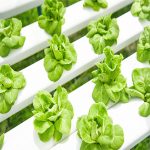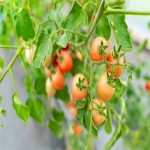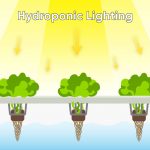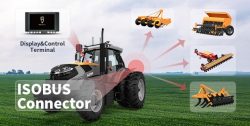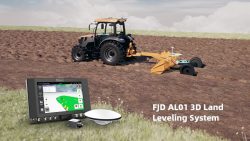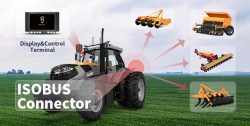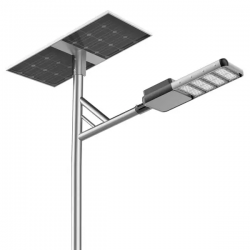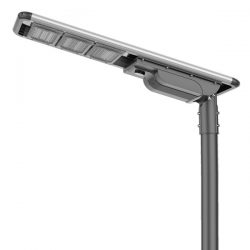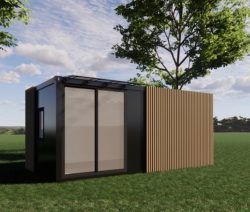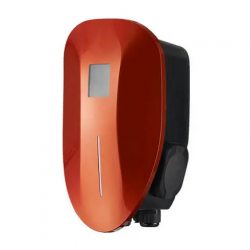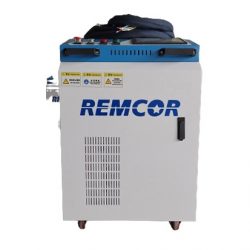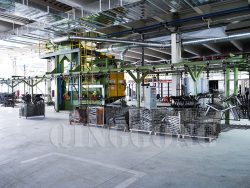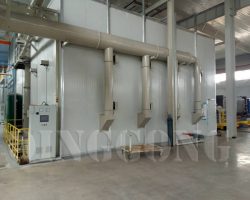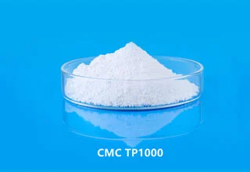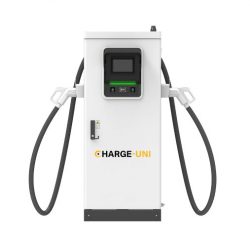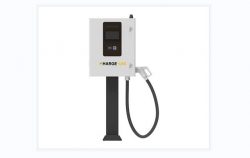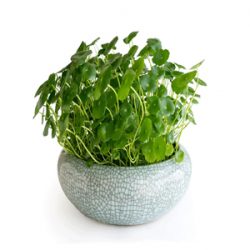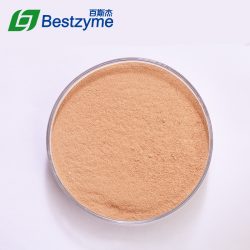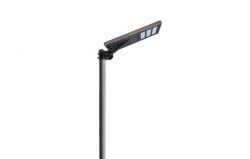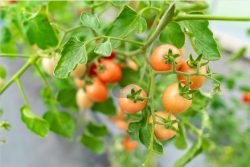Hydroponics: Start Your Indoor Farm at Home
In recent years, people have realized the importance of growing their own food. There’s only one problem: space. While homeowners with plots of land can enjoy the perks of organic farming, others can only grow a potted plant or two inside their apartment. Some people are fortunate enough to have space for a few indoor plants, but they are understandably worried about the mess they can create—after all, dirt and pets do not mix well!
Fortunately, there’s a new indoor growing technique that allows you to grow the plants you want, all without the mess.
Ⅰ. ADVANTAGES OF HYDROPONIC GROWING
A hydroponic system allows you to grow plants in a water-based, nutrient-rich solution without any soil. These systems have several advantages over traditional growing techniques: first, hydroponically grown plants do not need to develop extensive root structures to absorb nutrients. Another benefit is that the pH of the nutrient medium can be tested and adjusted as necessary throughout the growing process.
With the help of a smart hydroponic system, plants can grow in a controlled pH environment and inert medium. This means plants can spend minimal energy absorbing nutrients from the medium through their roots. This energy saved by the roots can then be used for flower and fruit production. Other advantages of an hydroponic automated grow system include the ability to:
1. Grow plants year-round;
2. Save water because the nutrients of the plant are controlled;
3. Grow more plants in a given area;
4. Enhance the taste of your crops;
5. Grow a quick and more bountiful yield;
6. Grow without needing to weed the plant;
7. Grow without worrying about soil pests;
8. Grow without needing to use pesticides
Ⅱ. DIFFERENT TYPES OF HYDROPONIC PLANTING TECHNOLOGY
There are several types of hydroponic growing techniques, including:
1. Water culture;
2. Irrigation through drip irrigation system;
3. Wick system;
4. Nutrient film technology;
5. Aeroponic system;
6. Flood and drainage system (ebb and flow).
Ⅲ. HYDROPONIC SYSTEM
A hydroponic system is a structure that includes trays, A-frames, and towers that can hold water or other inert media and also have a place to grow plants.
There are two basic categories of hydroponic systems, one is liquid culture solution and the other is aggregate culture. In a solution system, the roots of the plant grow directly in the nutrient-laden solution. Whereas in aggregate systems such as sand, gravel or small clay particles, the roots of the plant should grow in the medium.
https://heyabby.com/blogs/news/hydroponics-allows-you-to-have-a-farm-at-home




